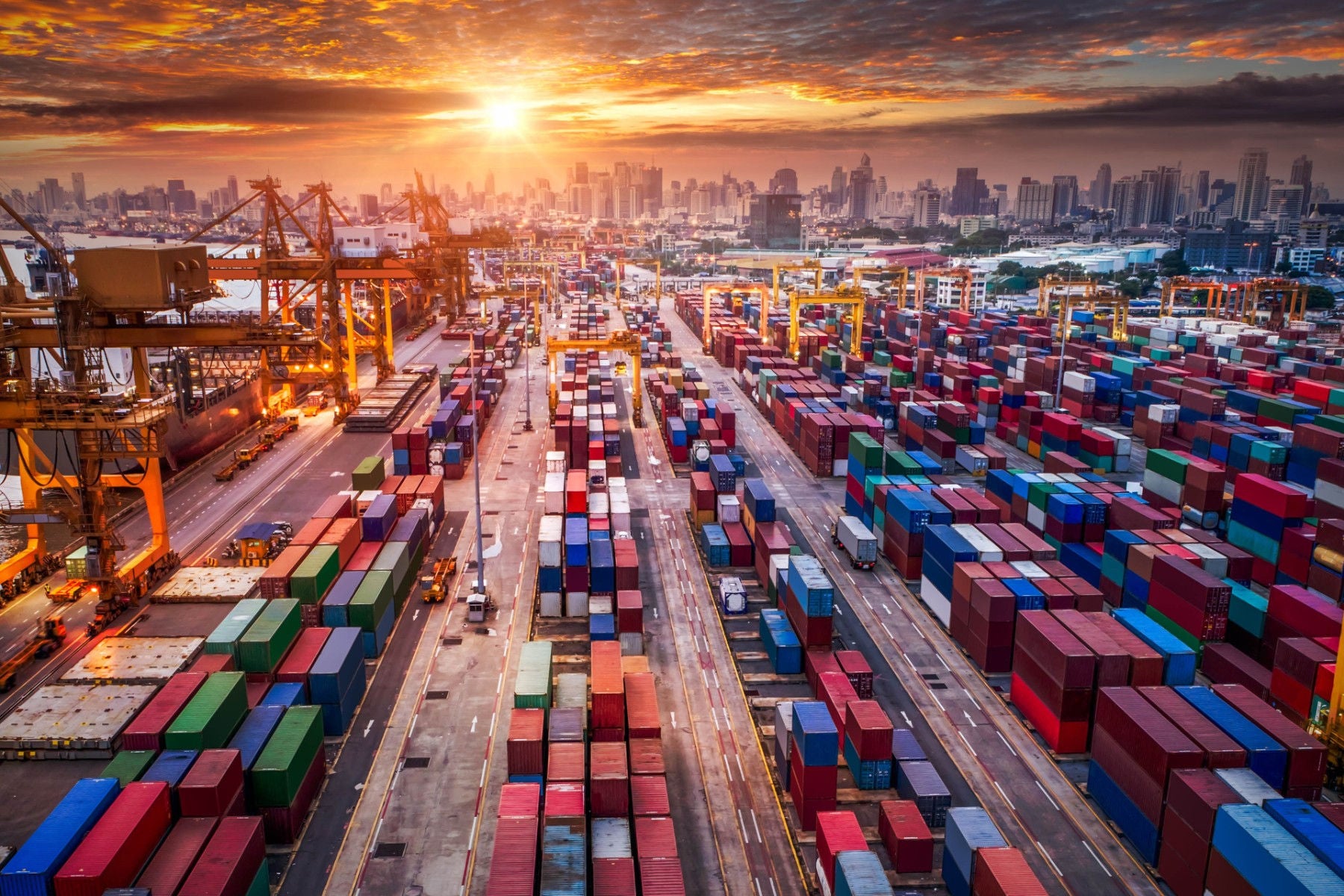EY refers to the global organization, and may refer to one or more, of the member firms of Ernst & Young Global Limited, each of which is a separate legal entity. Ernst & Young Global Limited, a UK company limited by guarantee, does not provide services to clients.

Where businesses operate and navigate in an increasingly globalized market, the significance of customs compliance, including accurate customs valuation becomes increasingly critical.
Recent developments indicate once more that the European Commission, along with the Member States, is sharpening its focus on customs valuation to address its concerns over the potential undervaluation of goods and accordingly safeguard the financial interest of the EU.
It has been observed that customs authorities are extending their scrutiny beyond the potential undervaluation of specific goods to include a broader evaluation of the entire transaction process, and more in particular which sales transaction, in a series of successive sales, must serve as the basis for customs valuation purposes.
The Union Customs Code (UCC) stipulates that customs value should be based on the so-called “last sale for export”, meaning the sale occurring immediately before the goods are brough into the customs territory of the Union. This concept has been a topic of ongoing debate for some time, with particular focus on defining what constitutes a “sale” and identifying the transaction that should be recognized as a “sale for export”.
Customs authorities are increasingly examining to what extent companies are potentially making use of an “earlier” sales transaction resulting in underpaid customs duties. Other import-related taxes, such as VAT, may also be affected, potentially resulting in substantial financial liabilities for businesses. In this context, the question of whether the company acts in good faith, and whether it has any pre-existing agreements with customs, are crucial.
In the discourse surrounding the 'last sale for export', attention continues to be given to essential adjustments to the price, including royalties and assists, which are vital in establishing the correct customs value.
The increased focus on this matter is also reflected in the numerous cases, like for example Massimo Dutti, awaiting judgment at the European Court of Justice.
Amidst this landscape of increased regulatory focus, EY can guide you through the complexities and rigorously test the robustness of your customs value determination methodology to ensure full compliance with international customs valuation principles.
Save the date for our Webcast on the 24th of October 2024.
Considering these developments, EY is organizing a webcast session on Thursday, 24 October 2024, from 14:00 – 14:45. This event will offer further insights, explore the UCC nuances and briefly discuss pending ECJ cases, and provide guidance on maintaining compliance.



